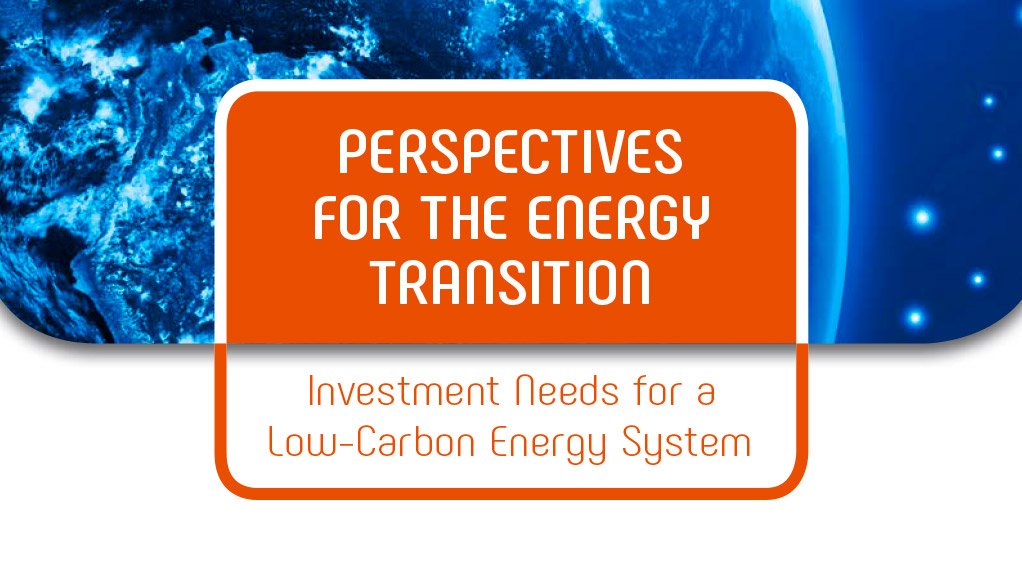- Perspectives for the energy transition: Investment needs for a low-carbon energy system6.60 MB
- Background methodology document1.77 MB
This joint study looks at the potential for decarbonisation in the energy sector in G20 countries and around the world. Chapter 3, “Global Energy Transition Prospects and the Role of Renewables”, highlights findings from the International Renewable Energy Agency (IRENA).
Decarbonisation of the energy sector requires urgent action on a global scale. Around two thirds of global greenhouse gas emissions can be attributed to fossil fuel energy supply and use. Carbon emissions must be reduced considerably faster to mitigate the effects of climate change.
To meet the climate goals set in the Paris Agreement and keep the global temperature rise to below 2 degrees, the carbon-dioxide (CO2) emission intensity of the global economy would need to be reduced by 85% in 35 years. This means reducing energy CO2 emissions by 2.6% per year on average, or 0.6 gigatonnes (Gt) per year in absolute terms.
REmap – IRENA’s global roadmap for the transition – energy demand by 2050 could be about the same as in 2015, thanks to significant energy efficiency improvements. The supply mix however, would change substantially, with the share of renewables in total primary energy supply reaching two thirds by 2050.
But for this to happen, the growth rate for renewables – while already considerable – must double. Renewables currently make up nearly one fifth of total global energy supply and accounted for more than half of all global capacity additions for power generation in 2012-2016.
Renewables are already cost competitive in many situations, with technology costs continuing to fall and the potential for economic applications continuing to grow. Governments must create the enabling policy framework to spur the acceleration of the transition, including long-term stability for private investments in renewables.
Subsidies that sustain ageing conventional energy industries should be abandoned in order to level the playing field. Modern energy access, fair competition and sustainable development need to underpin energy policy making.
For more information about the methodology used for chapter 3 in this study, IRENA has produced a background methodology document.
Report by Irena
EMAIL THIS ARTICLE SAVE THIS ARTICLE ARTICLE ENQUIRY FEEDBACK
To subscribe email subscriptions@creamermedia.co.za or click here
To advertise email advertising@creamermedia.co.za or click here











